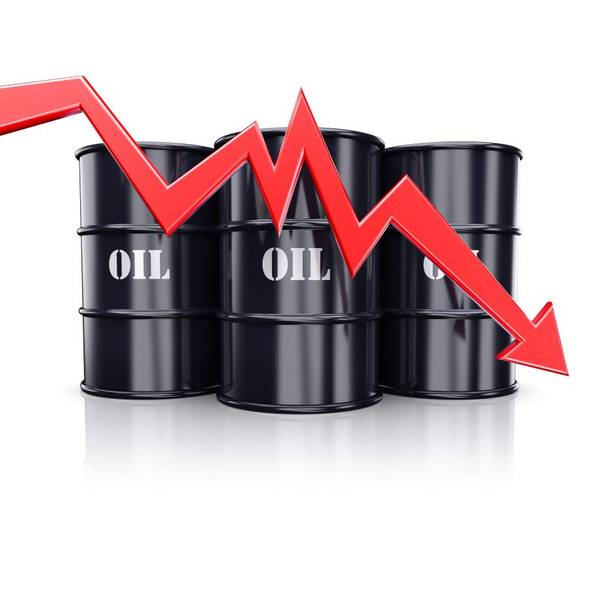
Oil prices were set for their biggest weekly slide since the 2008 financial crisis despite a 7% bounce on Friday, as the coronavirus outbreak threatened demand and crude producers promised more supply.
Brent crude was up $2.50, or 7.3% on the day, at $35.62 per barrel by 1245 GMT but were still 21% lower on the week - the biggest weekly drop since December 2008.
U.S. West Texas Intermediate (WTI) crude was up $2.32 cents, or 7.1%, at $33.82 per barrel but was also on track to lose a fifth of its value over the week.
World stocks were also set for their worst week since 2008, with the coronavirus sparking panic selling across markets.
Friday's bounce in oil prices and stock markets was due to hopes for a U.S. stimulus package which eased fears about an economic shock from the coronavirus pandemic, Rystad Energy analyst Paola Rodriguez-Masiu said.
Adding to pressure on oil prices, already knocked by the virus as fewer people travel and business events are scrapped, major oil producers were pumping more crude into the market.
Saudi Arabia, the world's largest exporter, and the United Arab Emirates offered more oil to customers after OPEC's talks with Russia and others on supply restraint collapsed last week.
Russia, the world's second-largest producer, has shown no interest in agreeing to further output curbs with the Organization of the Petroleum Exporting Countries.
Russian oil producers met Energy Minister Alexander Novak on Thursday but did not discuss a return to the deal. The head of Gazprom Neft said it planned to hike production in April, following the talks.
"It's a problem of an oil price war in the middle of a constricting market when the walls are closing in," U.S. energy historian Daniel Yergin said. Goldman Sachs said it now expected a record high oil surplus of 6 million barrels per day (bpd) by April, in a global market that usually consumes about 100 million bpd.
A Reuters survey showed analysts slashed their forecasts of Brent crude prices to $42 a barrel on average in 2020, compared to the $60.63 consensus in a February poll.
The avenues for a quick off-ramp to the Saudi/Russia price war appear to be closing," RBC Capital Markets analyst Helima Croft said.
But the price slump may reduce some supply, by forcing out more costly producers.
Energy companies in the United States, which has surged to become the world's biggest crude producer because of a boom in pricier shale oil, are preparing to cut investment and drilling plans due to plunging prices.
(Additional reporting by Aaron Sheldrick; additional reporting by Jane Chung in Seoul; Editing by Jason Neely, Edmund Blair and Pravin Char)